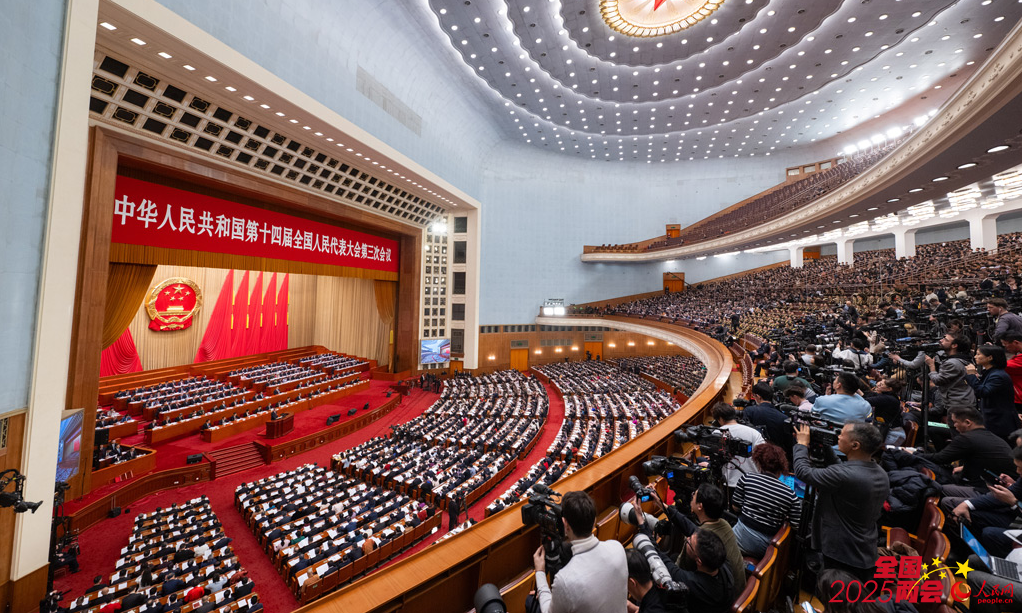On March 5, the third session of the 14th National People's Congress opened at the Great Hall of the People. President Xi Jinping and other national leaders attended the opening ceremony, while Premier Li Qiang delivered the government work report.
This year’s report sets out goals for fiscal and monetary policies, boosting consumption, and expanding effective investment. Below are the key takeaways related to the steel industry:
The deficit ratio is set at around 4%, up 1 percentage point from last year. The deficit scale will increase by RMB 1.6 trillion to reach RMB 5.66 trillion. The general public budget expenditure will grow by RMB 1.2 trillion to RMB 29.7 trillion.
Issuance of ultra-long-term special government bonds is planned to reach RMB 1.3 trillion, an increase of RMB 300 billion. An additional RMB 500 billion in special government bonds will be issued.
Local government special bonds will increase by RMB 500 billion to RMB 4.4 trillion, focusing on infrastructure investment, land reserve purchases, acquiring unsold commercial housing, and addressing outstanding local government debt. This year’s total new government debt is expected to reach RMB 11.86 trillion, an increase of RMB 2.9 trillion.
A moderately loose monetary policy will be implemented, with potential reductions in reserve requirements and interest rates to maintain ample liquidity. Structural monetary tools will be optimized to further support the real estate and stock markets.
Efforts will be made to boost consumption and improve investment efficiency. RMB 300 billion from ultra-long-term special government bonds will be allocated to support consumer goods replacement programs.
Effective investment will be expanded, with RMB 735 billion in central budget investment planned. Ultra-long-term special government bonds will also be utilized to support key infrastructure projects.
Continued efforts to stabilize the real estate market, including increased urban renewal projects, acquisition of unsold housing, and ensuring timely property deliveries.
Expanding housing security to eligible rural migrant workers and promoting urban renewal and renovation of old residential communities.
Accelerating the digital transformation of the manufacturing industry.
Promoting the development of intelligent network-connected new energy vehicles, AI-powered smartphones and computers, intelligent robots, and smart manufacturing equipment.
Aiming for a 3% reduction in energy consumption per unit of GDP while continuing to improve environmental quality.
Establishing incentives for green consumption and promoting low-carbon production and lifestyles.